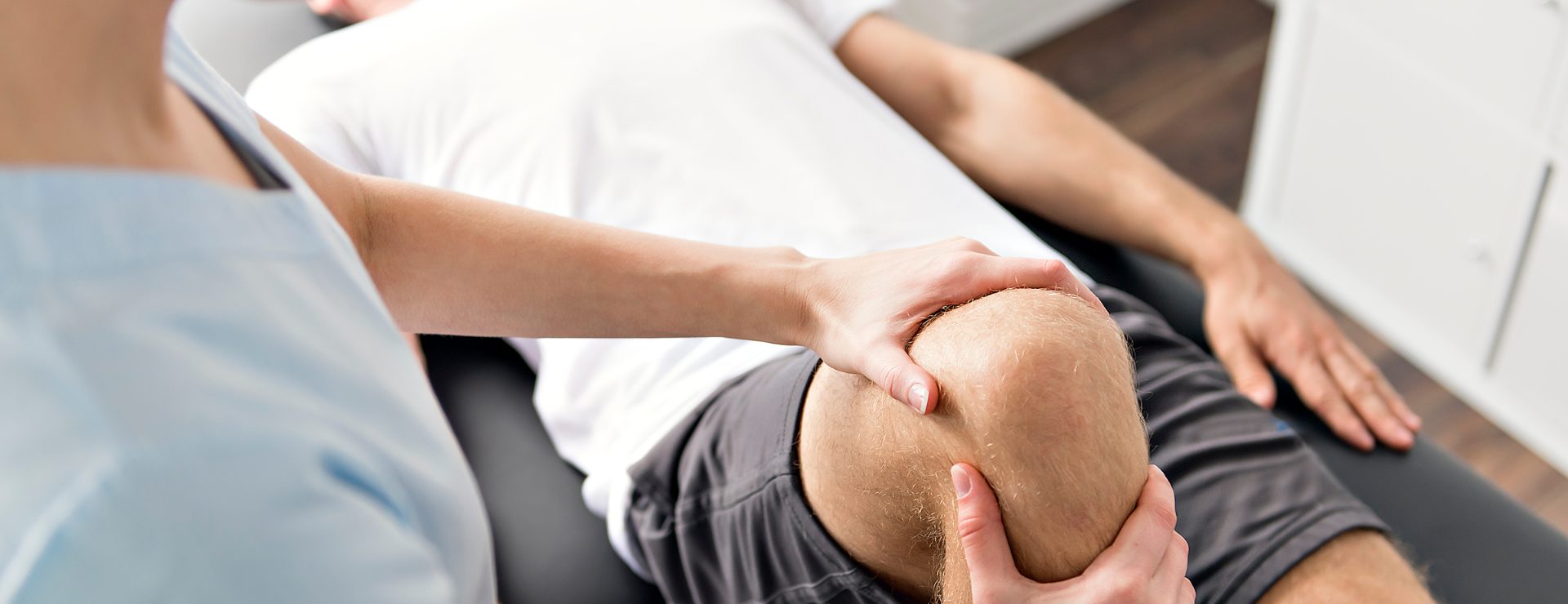
Completing a triathlon, marathon or any sporting event is a monumental achievement that pushes your body to its limits. But once the adrenaline wears off and the soreness sets in, it’s time to focus on recovery. Proper recovery is crucial for repairing muscles, replenishing energy stores, and reducing the risk of injury. Here are five essential tips to help you with sports recovery effectively after crossing the finish line:
Hydration is Key
During an event, you lose a significant amount of fluid through sweat. Aim to consume electrolyte-rich fluids to replenish lost minerals and restore your body’s hydration balance. Proper hydration is vital for aiding muscle recovery and promoting overall well-being. A simple equation to help is: amount of weight lost from pre to post race in kilograms (kg) x 1.5 = number of litres required to replenish lost stores. This should be consumed 750ml-1 litre per hour. Once target litres are completed, return to normal drinking.
Refuel with Nutrient-Rich Foods
After completing, your body needs fuel to repair muscle tissue and replenish depleted glycogen stores. Opt for nutrient-dense foods that are rich in carbohydrates, protein, and healthy fats. Incorporate a balanced meal or snack within 30-60 minutes post-race to kickstart the recovery process. Consider options like lean protein, whole grains, fruits, vegetables, and nuts to support muscle recovery and energy restoration. Some higher glycaemic carbohydrates such as non-concentrate fruit juices will aid faster absorption and replenish depleted energy stores.
Embrace Recovery Tools and Techniques
Incorporate various recovery tools and techniques to enhance your post-race recovery process. Ice baths and cold therapy can help reduce inflammation and ease soreness in targeted muscle groups. 5-10 minutes of cold-water immersion post event have proven significant in reducing muscle soreness and enhancing speed of muscle recovery. Consider using foam rollers, massage balls, and compression garments to alleviate muscle tension and promote circulation. Additionally, prioritise stretching and mobility exercises to improve flexibility and prevent injury during the recovery phase.
Prioritise Rest and Sleep
Rest is crucial for allowing your body to recover and rebuild strength after the physical exertion of a sporting event. Aim to get ample sleep in the days following the race, aiming for 7-9 hours of quality sleep per night. Quality sleep is essential for hormone regulation, muscle repair, and overall recovery. Listen to your body’s signals and allow yourself to rest as needed, taking naps or scheduling rest days as necessary to facilitate recovery.
Active Recovery
Honour the time you need to recover; complete recovery as a minimum will take between 6-10 days. The longer the event, the longer the recovery time. Engage in gentle, low-impact activities to promote blood flow and removal of post exercise waste products during this time. Light exercise, such as walking or easy cycling, helps flush out lactic acid build up in muscles and reduces post-race soreness. Active recovery also enhances circulation, delivering oxygen and nutrients to muscles to aid in repair. Listen to your body and adjust the intensity of your activities based on how you feel post-race.
By following these five essential tips for sports recovery, you’ll support your body’s natural healing processes and set yourself up for future success in your athletic endeavours. Remember to listen to your body, prioritise self-care, and give yourself the time and attention needed to recover fully from the demands of a triathlon, marathon or any sporting event.
Blog created by Chris Andrews, Lead Outpatient Physiotherapist, KIMS Hospital & Sevenoaks Medical Centre
KIMS Hospital and Sevenoaks Medical Centre has an outpatient Physical Therapy Clinic available for anyone requiring extra support after competing in any sporting events. Our sport medicine & injury clinic can support your sports recovery so that you can get back to doing what you love.